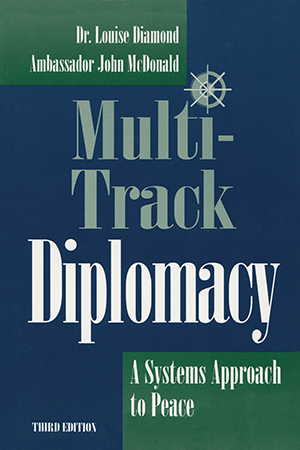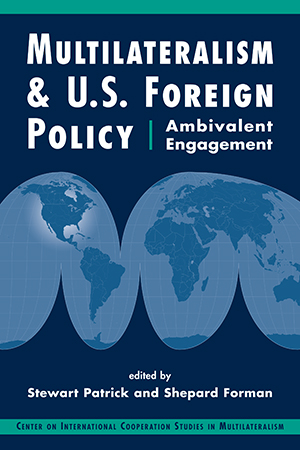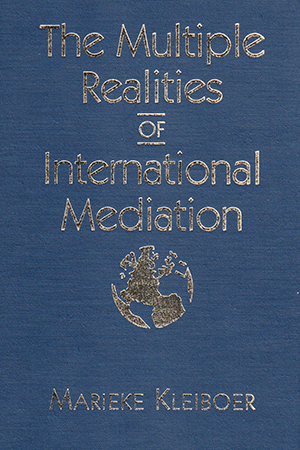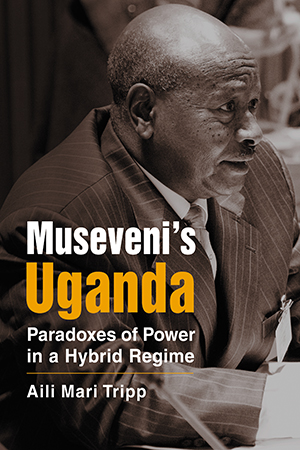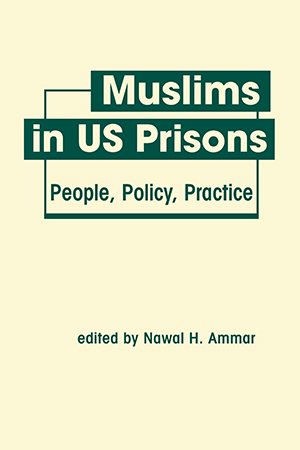BOOKS
Recognized period specialists look at a wide variety of nurturing relationships between men and women, both sexual and platonic. Mothering is examined as a component of marriage and as a More >
Though a majority of mothers of young children are employed outside the home, countless articles have been devoted to anecdotes about highly educated women in high-status occupations More >
While analysts may agree that Hollywood movies have always both mirrored and helped to shape the tenor of their times, the question remains: Just how do they do it? And how do we identify More >
It is the 26th day of Ramadan in the year 610, and a handsome man named Muhammad is meditating in a cave on Mount Hira. Fear grips him as he tries to sort out the visions and voices washing More >
Exceptional in its systemic approach to peacemaking and conflict resolution, Multi-Track Diplomacy identifies the actors and activities that contribute to peacemaking and peacebuilding More >
When should the United States cooperate with others in confronting global problems? Why is the U.S. often ambivalent about multilateral cooperation? What are the costs of acting alone? These More >
Recent experiences have demonstrated once again the complexities of brokering an end to deep-rooted ethnic and international conflicts, as well as the difficulties of evaluating the outcomes More >
Aili Mari Tripp takes a close, clear-sighted look at Ugandan politics since 1986, when Yoweri Museveni became the country's president. Museveni's exercise of power has been More >
This comprehensive, up-to-date bibliography covers nearly 3,000 English-language books and articles on Muslim women throughout the world. Works are listed alphabetically by author, with an More >
How realistic are media portrayals of radical, "homegrown" Islamic terrorists filling US prisons? With prisons a fertile recruiting ground for Islam, what impact does the religion More >



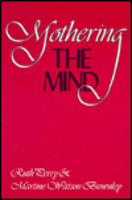
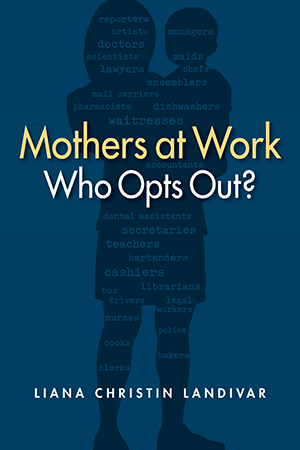
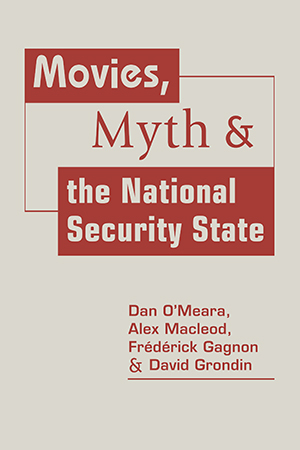
![Muhammad [a novel]](/uploads/66faea0baa7f2.jpg)
